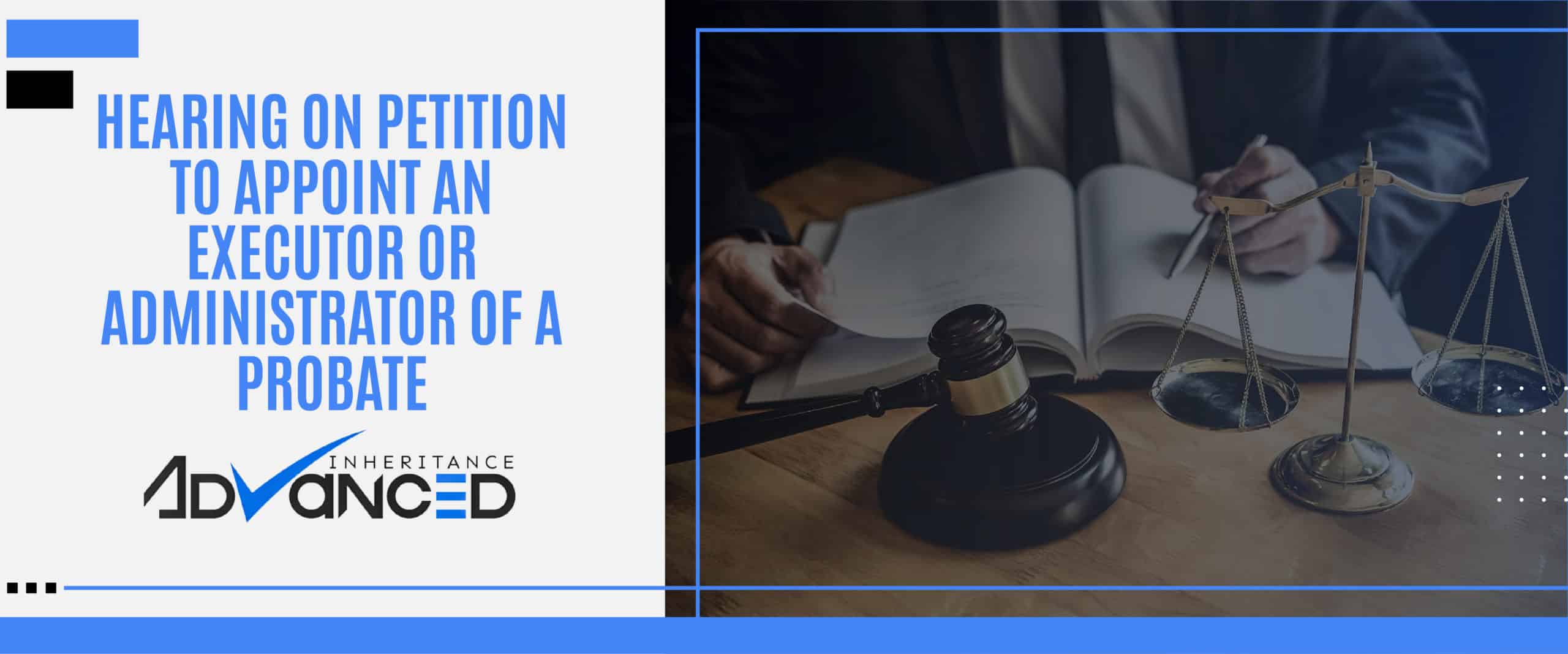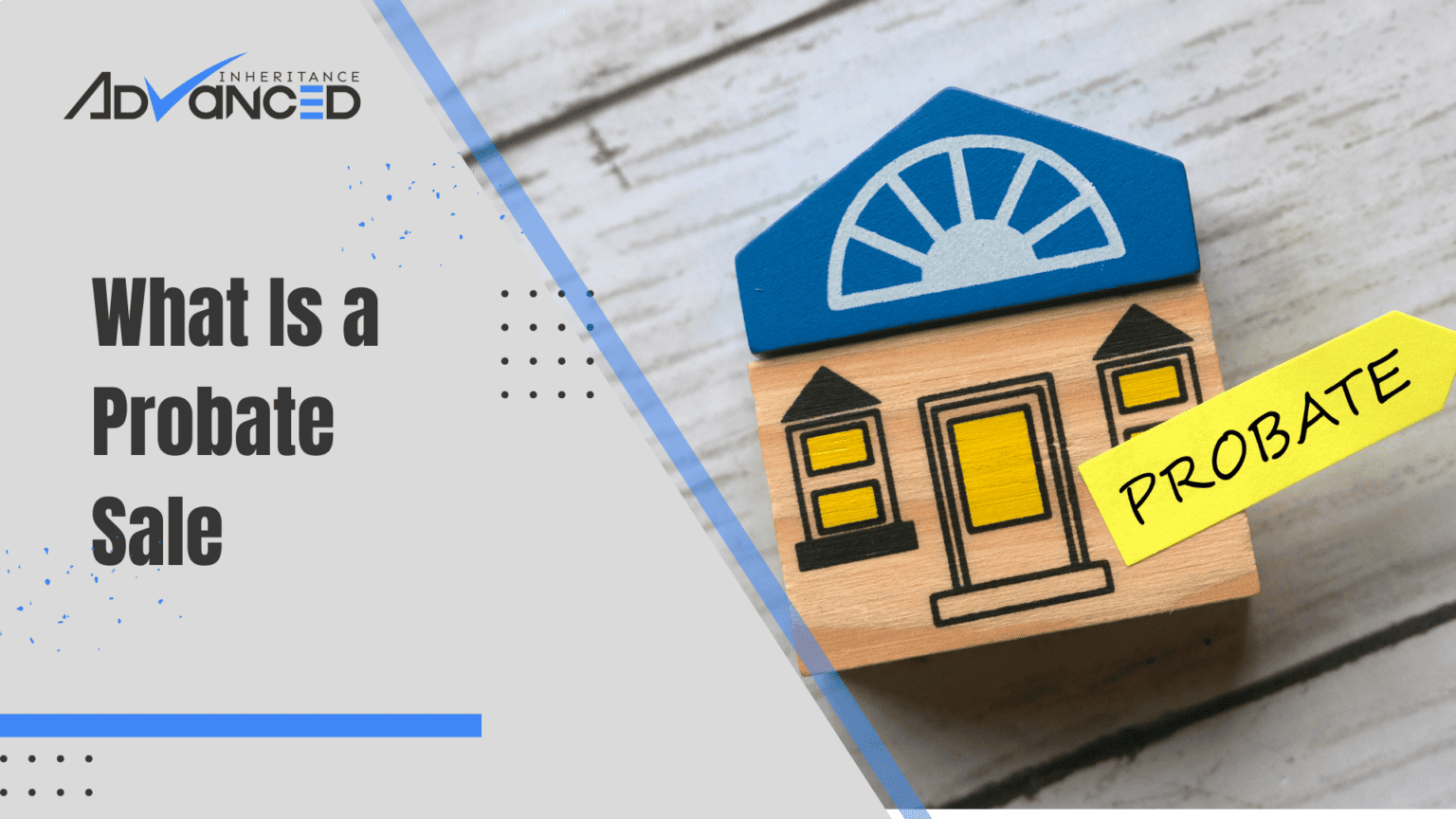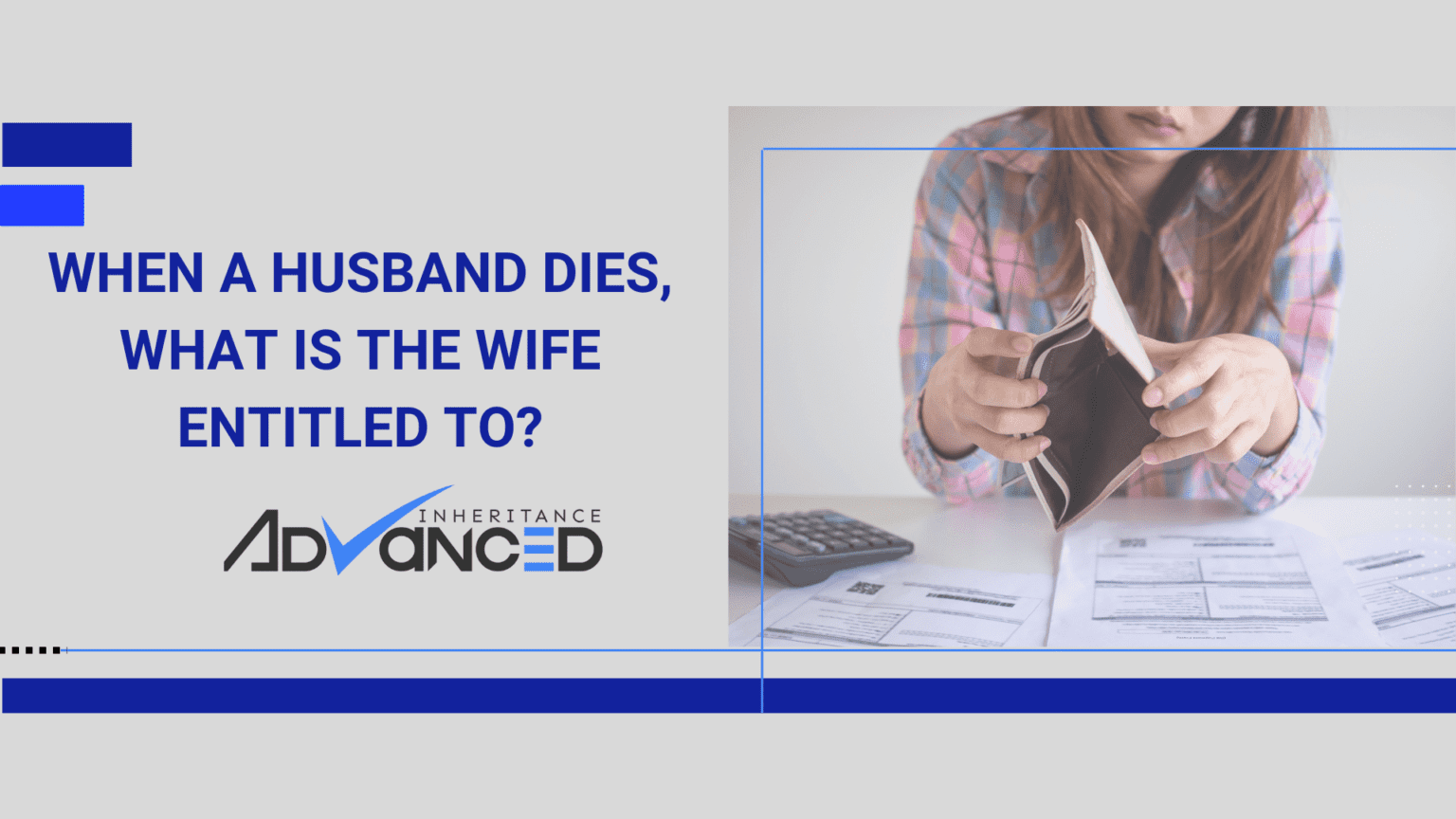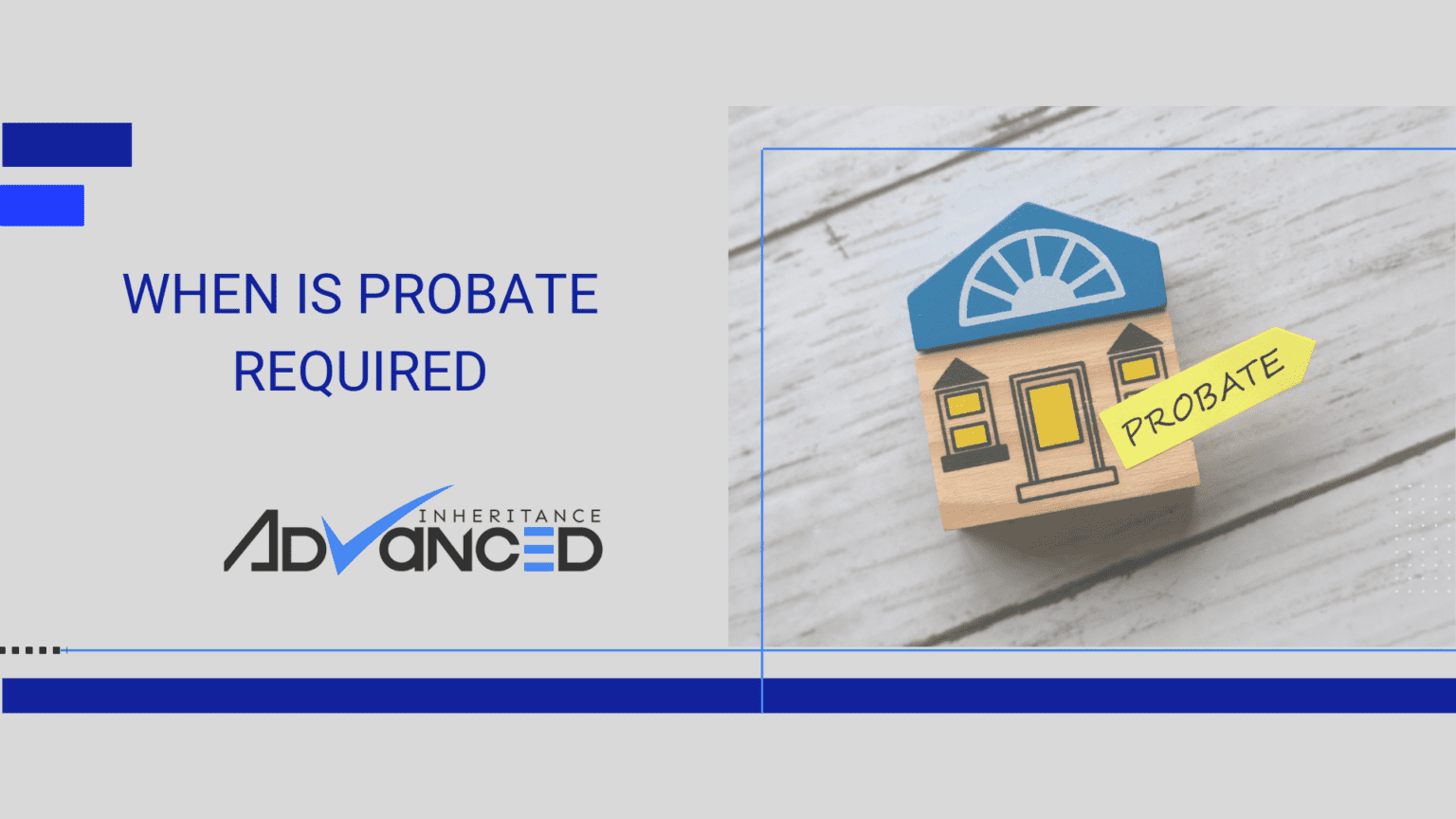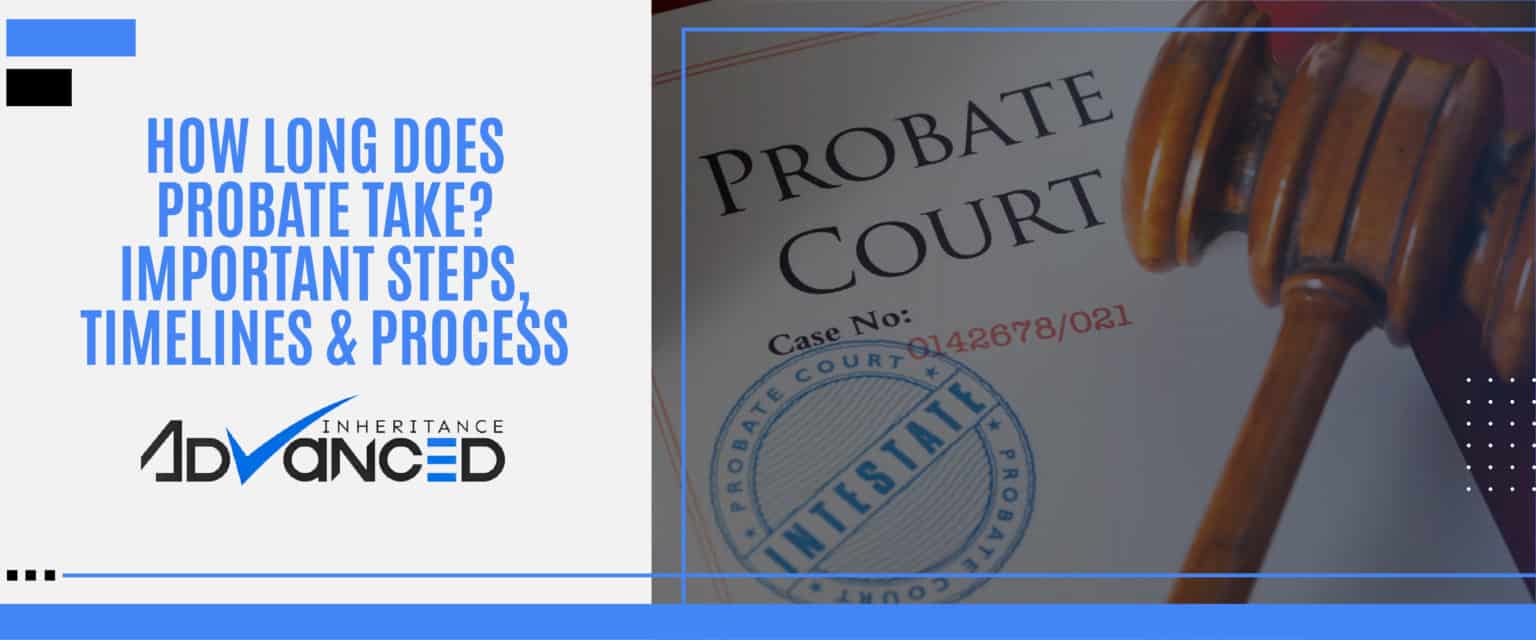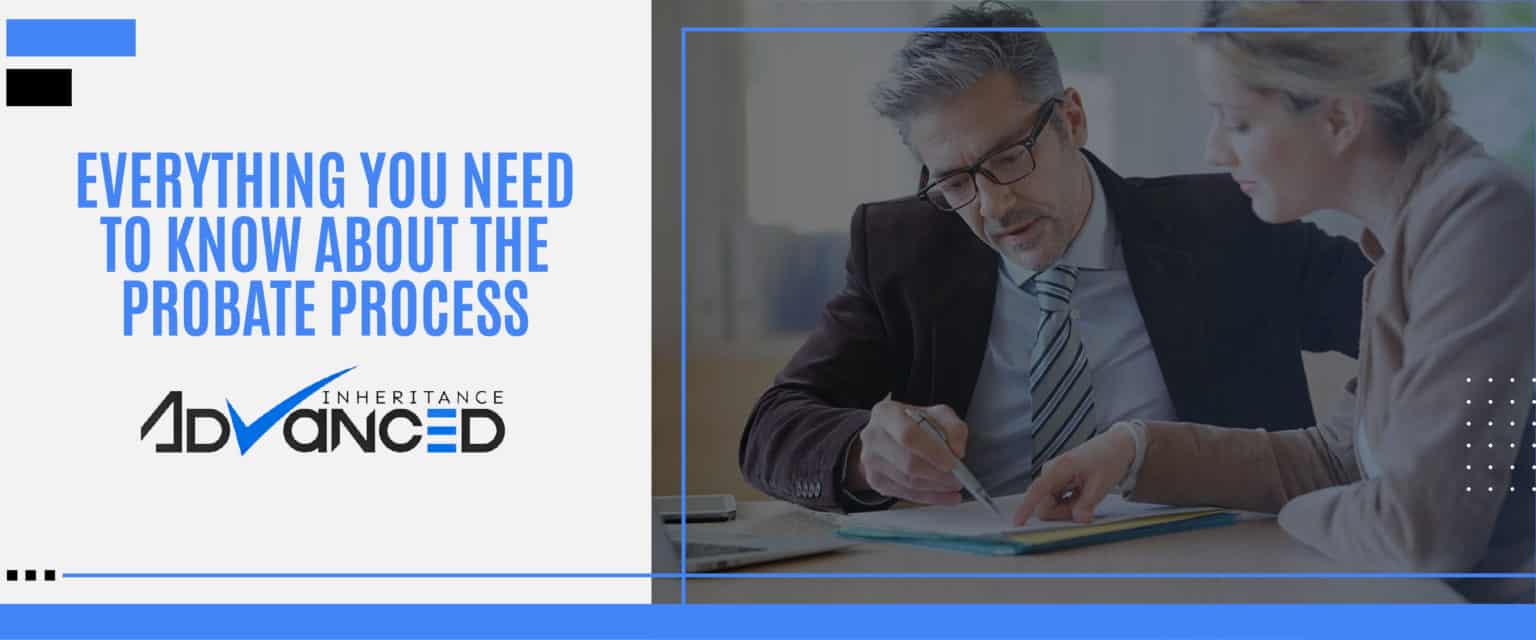If you are going through probate, someone must be elected that is in charge of handling the estate and making sure that creditors and other necessary bills are paid from the estate as it travels through the probate timeline. Going by the formal administration of probate, the court must authorize an executor to administer the estate. Although the deceased person may have clearly stated that in his will, the court must still give him authority to discharge his duty.
Jump To Section
Importance of hearing on a petition to hire an executor
First and most importantly, it is necessary to appoint an administrator, executor, or personal representative. A prerequisite in the probate process of estate distribution is to have this executor, which is the same as an administrator and personal representative. An executor is different from an estate planning attorney who files the petition. An executor administering estates without authorization from a judge will warrant penalties.
Another important reason for this hearing is to help ensure that the administrator is acting within legal grounds and in the best interest of both parties (deceased and beneficiaries)
Timeline
Because sometimes the judge could be notified via online measures, including emails, the timeline for the hearing to be finalized and the executor authorized can take anywhere between 5 days and a few weeks. This step in the process happens directly after the court is petitioned to open the probate administration.
Within this period, the executor cannot carry out even the most basic of his duties which include paying off debts and settling creditors.
How hearing on a petition to appoint an executor works
The executor of the will is appointed by the writer of the will before he is deceased. The executor can only have a case in court if his name appears in the will. If no executor was chosen or if the named executor rejects the role, it behooves the court to appoint somebody else.
Once the person is chosen, the probate court gives its orders for the probate to move on further.
There are other options for executors to get money into an estate without petitioning the court for early distribution
Executors have the option of receiving a probate advance to fund the estate if they need money or if heirs or beneficiaries need funds. Petitioning the court for early distribution can be tedious and many times can be denied by the probate judge. If you are an executor and need money for your estate heirs immediately, inheritance advanced can help! We provide specialty help to executors that need immediate funds and receive an advance.

